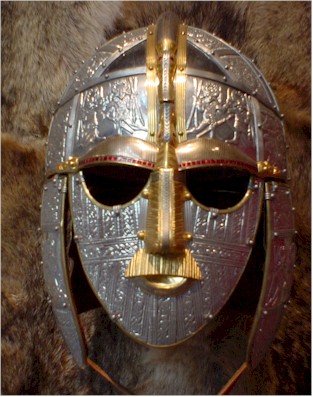Anglo-Saxon poetry: Literary Analysis
I've written two articles about the interaction of Anglo-Saxon (AS) culture with early Jewish and Christian literature. One was about the AS adaptation of the apocryphal book of Judith; the other was about the AS poem The Wanderer. The theme of both articles was the profound mutual influence of Christianity and pre-Christian AS culture.
 The Judith AS adaptation is fascinating because the original book was Jewish and the AS author altered it to make it both more Christian and more Anglo-Saxon. For example, Judith invokes the trinity and there are fundamental changes in battle tactics to suit AS sensibilities.
The Judith AS adaptation is fascinating because the original book was Jewish and the AS author altered it to make it both more Christian and more Anglo-Saxon. For example, Judith invokes the trinity and there are fundamental changes in battle tactics to suit AS sensibilities.
The Wanderer''s protagonist floats around sunk in deep depression (please excuse the nautical metaphors!) then suddenly changes his attitude at the end. I argued that this structure related closely to the book of Ecclesiastes - it has a similarly strange change of attitude, most likely due to an interpolation.
I haven't worked on Anglo-Saxon poetry for a long time due to my preoccupation with linguistics. However, the minor poetry still fascinates me, and I hope to get back to it one day.
The photo, by the way, is from Sutton Hoo.
References
de Lacy, Paul (1998). Thematic and structural affinities: The Wanderer and Ecclesiastes.Neophilologus 82.1: 125-137.
[abstract] [article]
de Lacy, Paul (1996). Aspects of Christianisation and social adaptation in the Old English Judith.Neuphilologische Mitteilungen 97.4: 393-410.
[abstract] [article]
